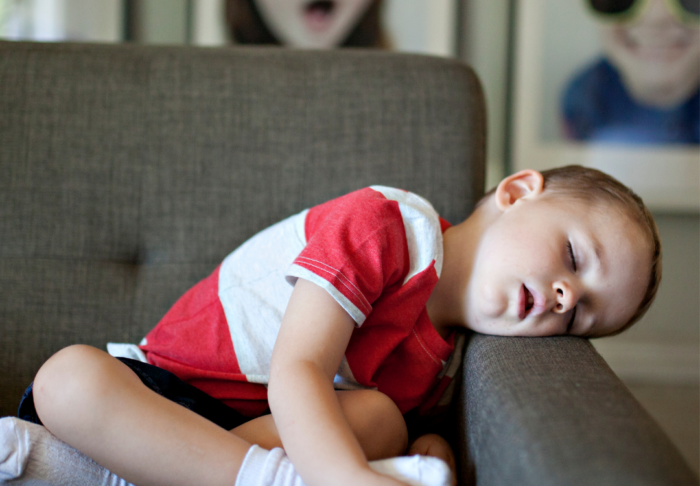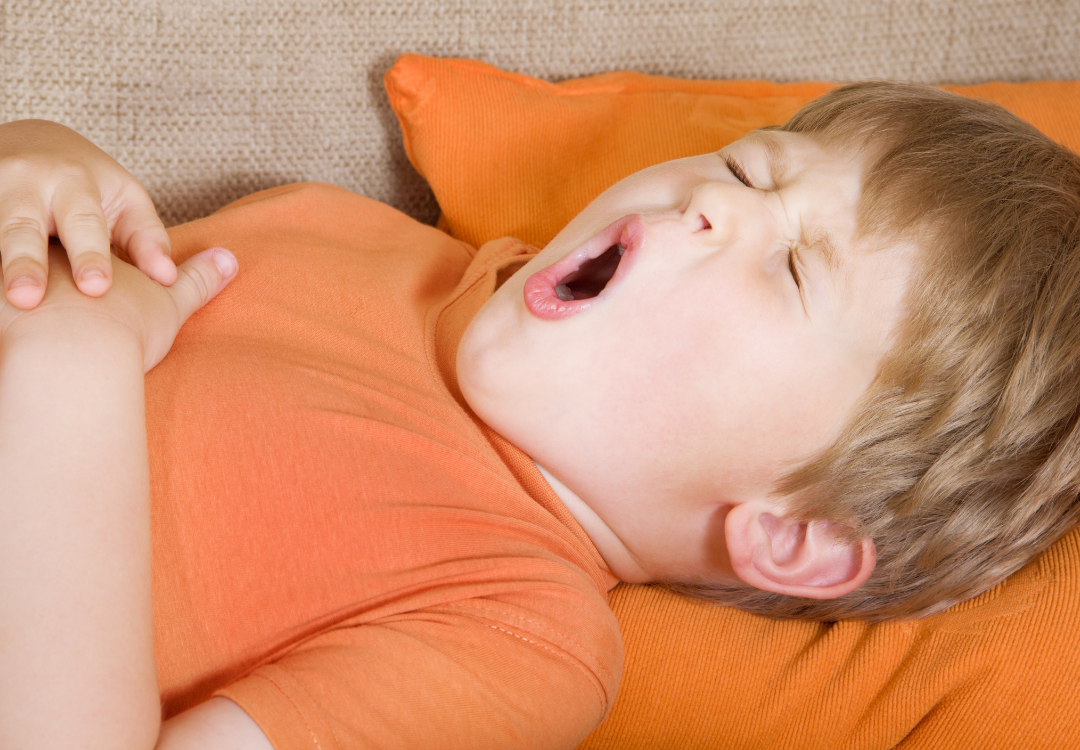Snoring facts and what you need to know…
We’ve all seen cute kiddy snoring videos but in all seriousness this is something you need to take seriously..
Snoring or obstructive sleep disorder breathing occurs when the upper airway becomes resistant to airflow and the narrower airway causes that all too familiar snoring noise to occur. Sometimes snoring occurs in conjunction with pauses in breathing termed sleep apnoea (temporary cessation of breathing) resulting in loud snoring and sudden air intake commonly heard as a gasp or snorting sound.
There can be several reasons your child may snore including sleeping position, environment, allergies, and medical reasons that often require surgical intervention by an ENT (Ear, Nose Throat) specialist.
Snoring occurs during sleep and may disrupt sleep cycles resulting in children waking unrested and sleep-deprive and a recent study found that children who snored regularly had brain changes, behavioural issues and poorer learning skills.
The study of over 10,000 nine- and 10-year-olds in the US, studied MRI brain imaging results plus data collected from those children’s parents on how often they snore and found that the children who snored regularly had a thinner grey matter in some sections of their brains, including those parts that regulate reasoning and impulse control.
Although the study reported more research was needed, we know that lack of sleep at particular key developmental stages has been shown to affect brain development causing cognitive changes that impact learning, concentration, and memory. In addition, children are often seen to display hyperactive and aggressive behaviours when sleep is inadequate. When sleep interruptions occur during REM, or dream sleep, for any age, emotions are affected as the dream sleep phase keeps us on an emotionally even keel.

When should parents be concerned about their children’s snoring?
All snoring events in children should be taken seriously by parents and habitual snoring of 3 times or more per week should be assessed by your doctor.
Snoring triggers….
Initially, parents should assess their home environment to see if there are triggers that are causing their child to snore.
This can include cigarette smoke and environmental pollution. Some studies report increased snoring to occur in winter when home heating elements such as gas, wood stoves/fireplaces, space heaters, oil burners, and other heating devices emit nitrogen dioxide, an odorless gas commonly emitted from heating elements which can irritate airways.”
Other triggers that can increase snoring include recurrent respiratory tract problems such as asthma, allergies like hay fever, sinus and nasal passage inflammation, tonsillitis, and common colds and flu that cause inflammation to airways.
Childhood obesity can also be a trigger for snoring when additional fatty tissue around the neck impedes breathing when lying down to sleep.
No matter what you think the cause might be, it’s a good idea to seek medical advice for all regular snoring, for an assessment and diagnosis.

My Baby snores and it’s so cute…
Snoring when your baby is asleep may seem to be an endearing behaviour but it is something you should take seriously and therefore should be immediately investigated by parents. Sleeping positions can cause narrowing of the airway making it harder for babies to breathe and potentially life-threatening.
Young babies have softer airway cartilage and placing them on a soft mattress or hammock, on pillows, or in positions that are too upright means their head, the heaviest body part, can fall forward, backward, or sideways and place them at risk of narrow airways and reduced oxygen intake. When you hear your baby snoring the first action is to adjust their position to allow the opening of the airway. You will hear the snoring stop and your baby breathing regularly without noise.
As a sleep practitioner, I always remind parents of the importance of making sure your baby is sleeping safely on a firm flat surface, and if you find your baby has fallen asleep in the car seat, for example, make sure they are under strict supervision by a responsible adult. It is far better to transition from the car seat to a safe sleep space such as your child’s bassinet or cot and know your baby is sleeping safely. Transitioning and keeping your baby asleep can be achieved very easily, and you might like to read my previous blog on the topic.
Irrespective of conclusive research evidence, snoring occurs during sleep and any interruption to good sound sleep requires early intervention to ensure that best possible health and learning outcomes are achievable for your child to be their very best.
Make sure you seek help with snoring or any sleep related issues from a registered health professional so you know you are getting the best advice from a qualified health practitioner.







